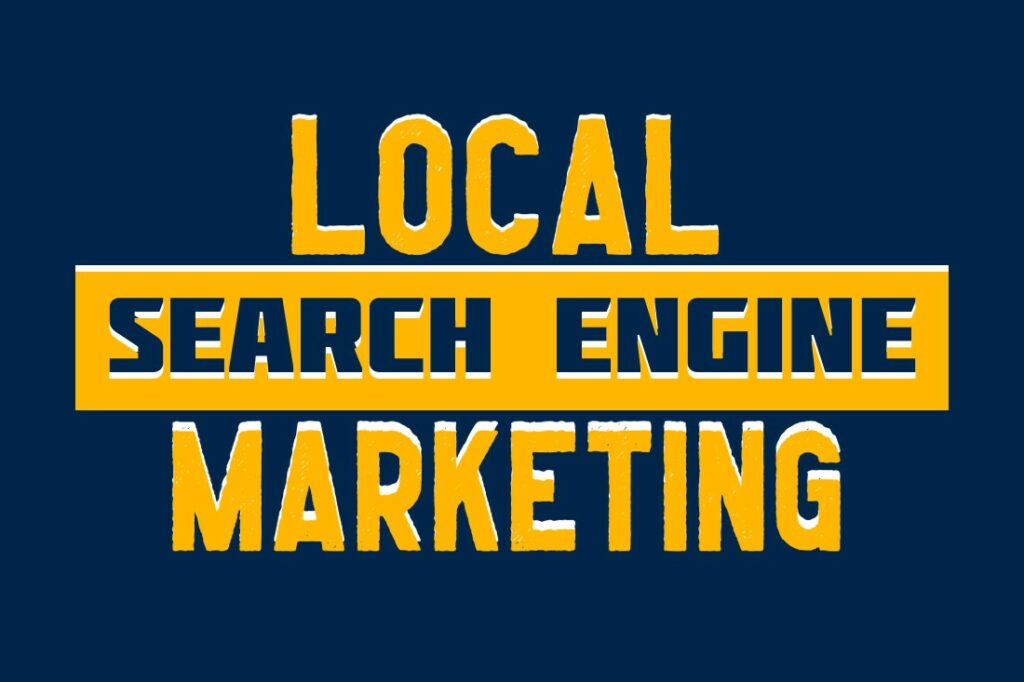How Small Businesses Can Optimize Their WordPress Website for SEO, Especially Local SEO

WordPress is a popular platform for creating and managing websites, and it offers a lot of features that can help you optimize your website for search engines. Search engine optimization (SEO) is crucial for any website that wants to rank high in search engine results pages (SERPs) and attract more traffic. In this article, we’ll discuss some of the best practices for optimizing your WordPress website for SEO.
- Choose a good hosting provider
Your website’s speed is a crucial factor in search engine rankings. If your website takes too long to load, users are likely to leave it, which will result in a high bounce rate. Therefore, it’s essential to choose a good hosting provider that can deliver fast loading speeds. Look for hosting providers that offer fast loading times, reliable uptime, and excellent customer support.
- Use a responsive theme
A responsive theme is a theme that adjusts its layout to fit different screen sizes. With more and more people accessing websites on their mobile devices, it’s crucial to have a responsive theme that provides an excellent user experience on all devices. Search engines also prefer websites that are mobile-friendly, so a responsive theme can help improve your SEO.
- Use an SEO plugin
WordPress offers a lot of plugins that can help you optimize your website for SEO. One of the most popular SEO plugins is Yoast SEO. Yoast SEO is a powerful plugin that offers a wide range of features, including XML sitemap generation, title and meta description optimization, and content analysis. With Yoast SEO, you can optimize your website’s content for your target keywords and improve your chances of ranking higher in search engine results pages.
- Use SEO-friendly URLs
Your website’s URLs are one of the essential factors in SEO. URLs should be descriptive, readable, and contain your target keywords. Avoid using long URLs with unnecessary words and characters. Instead, use short, concise URLs that accurately describe the content on the page.
- Optimize your content
Your website’s content is the most crucial factor in SEO. You should create high-quality, unique, and informative content that adds value to your users. Use your target keywords in your content, but avoid keyword stuffing, which can result in penalties from search engines.
- Use header tags
Header tags (H1, H2, H3, etc.) help organize your content and make it easier for search engines to understand. Use your target keywords in your header tags, but avoid using too many header tags on a single page.
- Use alt tags for images
Images can improve your website’s user experience and help your content stand out. However, search engines can’t read images, so it’s essential to use alt tags to describe the images to search engines. Use descriptive alt tags that accurately describe the images and contain your target keywords.
- Use internal linking
Internal linking helps search engines understand the structure of your website and the relationship between different pages. Use internal linking to link to relevant pages on your website, but avoid linking to irrelevant pages or using too many internal links on a single page.
- Use external linking
External linking can help improve your website’s credibility and authority. Link to relevant and authoritative websites that add value to your users. However, avoid linking to low-quality or spammy websites, as this can harm your website’s reputation.
- Use social media
Social media can help drive traffic to your website and improve your website’s authority and credibility. Share your content on social media platforms and engage with your followers. This can help attract more traffic to your website and improve your SEO.
- Monitor your website’s performance
It’s essential to monitor your website’s performance regularly to identify any issues that can harm your SEO. Use tools like Google Analytics and Google Search Console to track your website’s traffic, rankings,
